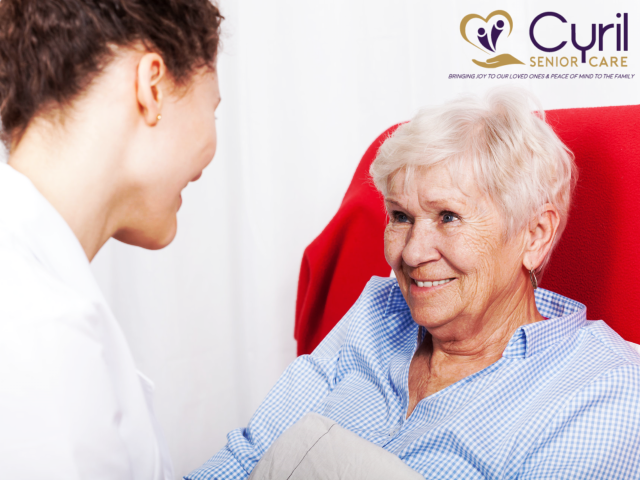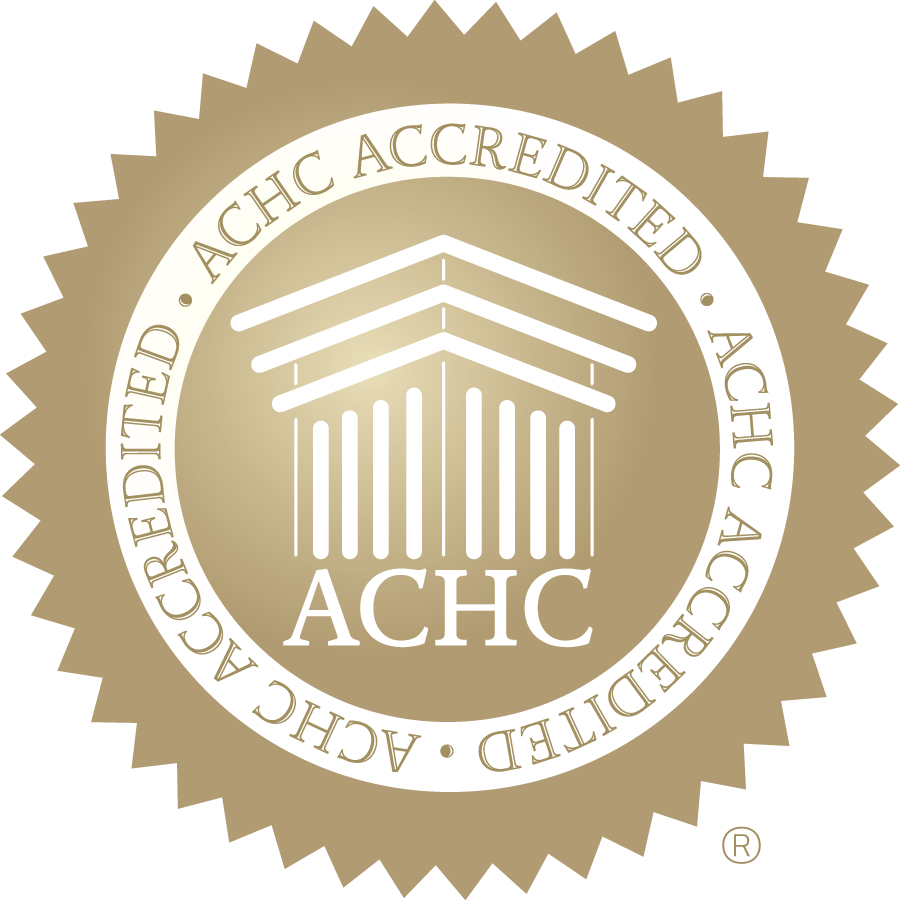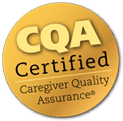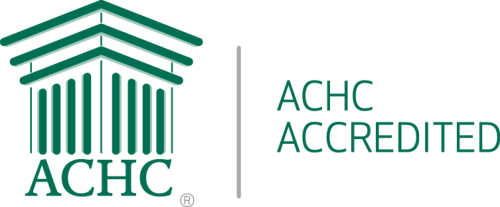
Nearly 90% of individuals over age 65 want to stay in their home for as long as possible, according to a research report by the National Conference of State Legislatures and the AARP Public Policy Institute. Furthermore, 80% believe their current residence is where they will always live.
Therefore, it’s important to make sure you and your loved one are aware of the potential dangers present in the home for seniors living alone and prepare accordingly.
Overall Home Assessment
The National Association of Home Builders (NAHB), in conjunction with AARP, has developed the Certified Aging in Place Specialist (CAPS) training designation for remodelers and contractors.
These specialists have been trained in design modifications that can make homes safe for a lifetime. They can do a room-by-room assessment of the home and make recommendations for modifications. To find a CAPS certified contractor near you, go to NAHB’s website (www.nahb.org)
Home Safety Tips
The following home safety tips can help keep you and your loved ones safe:
- Consider a medical alert or a buddy system.
- Keep a fire extinguisher and smoke detector on every floor.
- Always get up slowly after sitting or lying down.
- Wear proper fitting shoes with low heels.
- Use a correctly measured walking aid.
- Remove or tack down all scatter rugs.
- Remove electrical or telephone cords from traffic areas.
- Avoid using slippery wax on floors.
- Wipe up spills promptly.
- Avoid standing on ladders or chairs.
- Have sturdy rails for all stairs inside and outside the house
- Use only non-glare 100 watt or greater incandescent bulbs (or the fluorescent equivalents.)
- Make sure that all stair cases have good lighting with switches at top and bottom.
- Make sure that staircase steps should have a non-slip surface.
Bathroom Safety
- Leave a light on in your bathroom at night.
- Use recommended bath aids, securely installed on the walls of the bath/shower stall and on the sides of the toilet.
- Skid-proof the tub and make sure the bath mat has a non-slip bottom.
- To avoid scalds, turn water heater to 120 degrees Fahrenheit or below.
- Mark cold and hot faucets clearly.
- Use door locks that can be opened from both sides.
- If possible, bathe only when help is available.
Kitchen Safety
The kitchen has long been considered a central gathering place in the home. But it’s also a place where people often prepare meals alone. When it comes to senior adults and kitchen safety, the numbers don’t lie: the Federal Emergency Management Agency (FEMA) reports that people over the age of 65 have a 2.5 times greater risk of dying in a kitchen fire than the general population.
In addition, The Centers for Disease Control and Prevention reports that 76 million cases of foodborne illness occur each year, including 5,000 fatal cases. An aging adult, due to a natural decrease in his/her immune system, can succumb to food poisoning more easily, and have a harder time fighting it off if they do
- Never leave food unattended
- Keep floors clean and uncluttered.
- Illuminate work areas.
- Mark “on” and “off” positions on appliances clearly and with bright colors.
- Store sharp knives in a rack.
- Store heavier objects at waist level.
- Store hazardous items separate from food.
- Avoid wearing long, loose clothing when cooking over the stove.
- Make sure food is rotated regularly and check expiration dates.
- Beware of clothing! Loose clothing with flowing sleeves could potentially ignite if they get too close to a hot burner.
Drug Safety
- Review your medicines frequently with your doctor or pharmacist
- Make sure medicines are clearly labeled.
- Read medicine labels in good light to ensure you have the right medicine and dose.
- Dispose of any old or used medicines.
- Never borrow prescription drugs from others.
- Check with your doctor or pharmacist before you mix alcohol and your drugs.
- Have medication dispensed in a bubble pack or convenient dispenser.
- Check with your doctor or pharmacist before mixing non-prescription and prescription drugs.

 Published June 2, 2017
Published June 2, 2017





